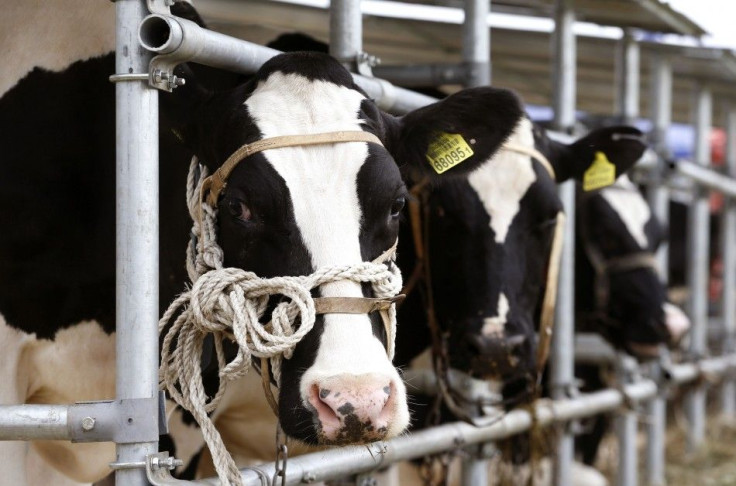New Zealand Vows New Trade Talks If Australia Has Better Deal With China

New Zealand Trade Minister Tim Groser is looking to begin new talks with China if its new agreement with Australia will turn out to be better than its earlier deal with New Zealand which took effect in 2008. Groser has vowed that if Australia's deal with China tops New Zealand, he will request fresh trade talks with the Chinese government.
The Australian government deal would mean most of Australia's milk products will not be subject to the safeguards applicable to dairy exports from New Zealand. Only whole milk powder will be covered by the safeguards applicable to the Australia deal, according to an ABC report.
Under China's earlier agreement with New Zealand, the Chinese government must match the deal it made with the country if it secures a better arrangement with another nation. Groser has assured he is ready to take it up with China, but talks would have to begin at a lower level and not directly with Chinese President Xi Jinping during his visit within the week.
According to reports, Australia and China have signed a framework for a free-trade agreement or a Declaration of Intent. The ABC report said Australian Federal Trade Minister Andrew Robb declared that the provisions for dairy products in the agreement are expected to be better than the ones stated in the New Zealand deal. If the Australia-China deal will push through, all tariffs for Australia's dairy exports to China will be lifted within 11 years.
Meanwhile, a New Zealand agriculture expert said Australia's free trade deal with China will be about the same as the one New Zealand had in the long run. University of Waikato agri-business professor Jacqueline Rowarth believes the nation will remain a good diary supplier. In a Radio New Zealand report, she said Australia may be "taking competition a little too far."
Rowarth said New Zealand still has the more efficient dairy production as the country enjoys more rains compared to Australia. She added that the country continues to be the pace for grass-fed dairy production as Australia has hotter temperatures that cows do not like.





















